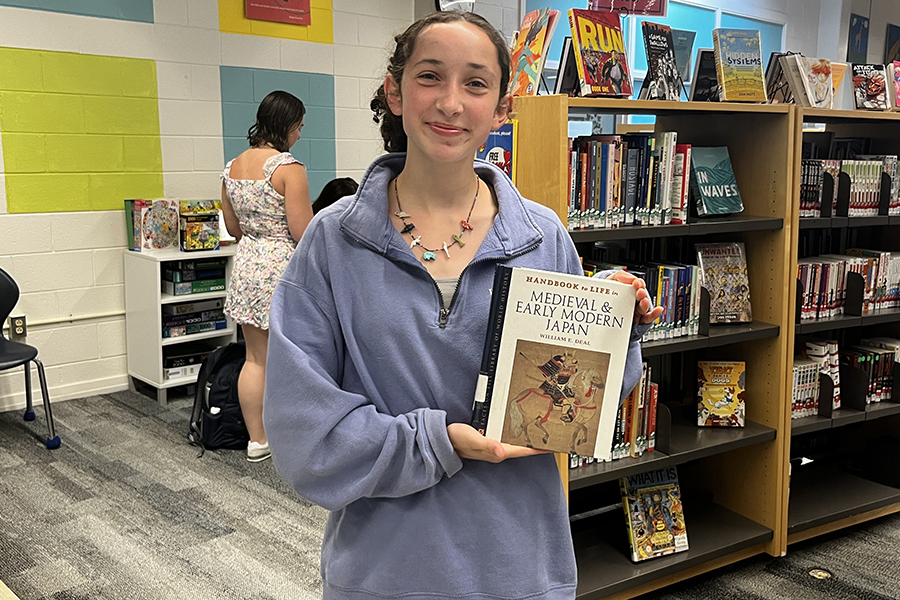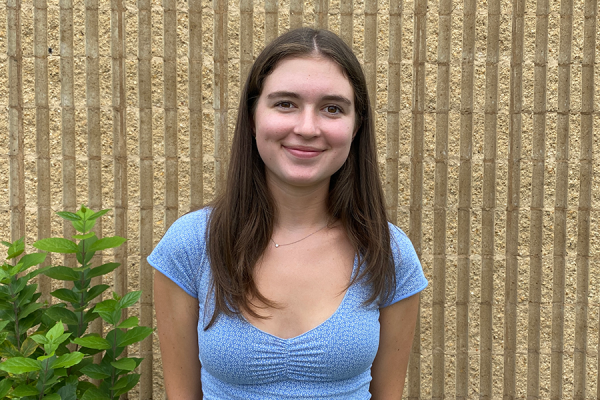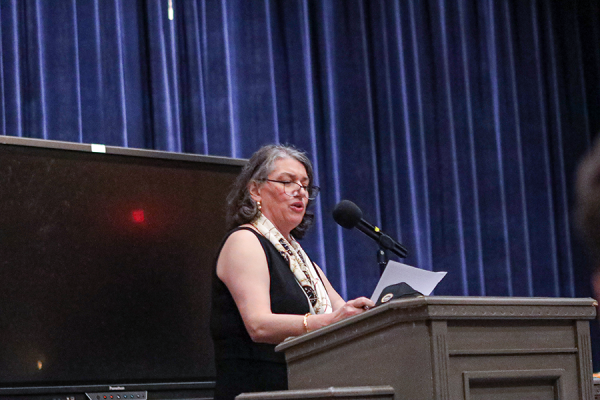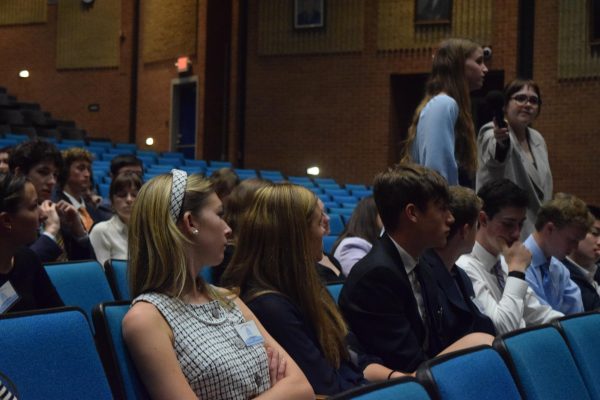Helen Moak: First WAHS Student to Attend Japanese Governor’s School
Credit: Olivia Moore
In the program, Moak will not only be learning the Japanese language, but will also immerse herself in Japanese culture through a series of unique cultural activities.
June 5, 2023
Western junior Helen Moak has proven herself a trailblazer. She is the first student from Western to be admitted into the Summer Residential Governor’s School program for Japanese, which will spend its time teaching students about the language and culture of Japan. This summer, she will spend three weeks at Randolph-Macon College completing rigorous coursework in Japanese.
Most lingual Governor’s School programs, including Spanish, French, and German, require three years of experience in the same language as the program the student plan to attend. However, the Japanese program only requires two years of experience in any language, because Japanese courses are not readily accessible in most schools. For Moak, her five years of experience in Spanish, well fulfills this eligibility requirement. While the requirements for application may be slightly adjusted, that no less diminishes the fierce competition for admission.
The intensity of competition for admission is mirrored by the complexity of the admissions process itself. Moak had to send in many documents, including her “transcript, multiple essays, two letters of recommendation, and about 20 shorter questions about [her] extracurricular activities, accomplishments, and awards.” She also had to get her application approved by Jennifer Sublette.
As to why she applied to this relatively niche program, Moak answered that “I’ve already taken a lot of years of Spanish and I really wanted to learn a new language because I have enjoyed learning Spanish, but pretty much the only languages offered at Western are European languages. Japanese is really interesting because it’s very different from European languages, so it’s an opportunity to go out of my comfort zone.”
Because no Western student has ever been admitted to this program, let alone attended, Moak has limited information about the program from the student’s perspective. Structurally, “It’s going to be some pretty intense classes during the days but then also cultural activities, like off-campus things, in the afternoons and weekends just focused on Japanese language and culture,” she says. The Governor’s School website advertises that the weeks will be packed with lectures, classes, and projects, taught by teachers of the surrounding area.
While Moak’s command of two languages, English and Spanish, will absolutely help in the process of learning a third, Moak also understands that because Japanese has entirely different origins and uses an entirely different set of characters it will be challenging to learn.
“I’ve started learning that [the Japanese alphabet] on my own a bit, so I can be a little bit prepared, but that’s definitely going to be a steep learning curve,” she commented.
Moak’s AP Spanish teacher, Katie Pugh, however, has no concerns about Moak’s ability to excel this summer.
“The nature of the language is completely different. Obviously, it’s not a Romance language, so that’s a challenge. But I mean, the fact that she’s already been accepted to Governor’s School for Japanese is huge, so I think she’ll rise to that challenge with no issues,” Pugh says.
Her teacher thinks her dedication will make all the difference. “She’s really talented in the [Spanish] language,” Pugh says. “I taught her last year and this year and she went to Seville over the summer to study Spanish and that really helped her. She’s always just been incredibly enthusiastic about the language.”















